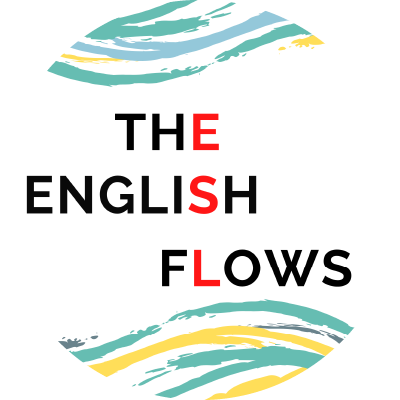Accessible tourism
Lesson plan overview
This ESL lesson plan deals with the topic of accessibility, and accessible tourism in particular. Students will learn interesting vocabulary, will discuss accessible cities, and universal design, and will watch 2 interesting videos. This lesson will be of interest for designers, architects, and people working in the hospitality industry. Other tourism-related video-based lesson plans are: “Unusual hotels“, “Adventure tourism and extreme tourism“, “Travel destinations“, “Tourism traps“, and “Dark tourism“.
Speaking and vocabulary: The lesson starts with a word cloud and a few photos of people with different access needs. Students discuss the meaning of the words in the word cloud (e.g. visual impairment, disability, accessibility, wheelchair, crutches) and use them to describe the photos. Then, they discuss a few more questions related to challenges people with access requirements have when travelling, and accessible tourism.
Vocabulary (word formation): Next, students read about the features of accessible cities and complete the short texts with the correct form of the word given (e.g. accessibility, disability, announcements, impairments, signage). After reading the texts, students discuss how accessible their city is.
Listening: Students watch 2 videos: “Business case for accessible tourism”, and “Why is accessible design good for everyone?”,and complete 3 listening comprehension activities (2 related to the first video, and 1 related to the second video).
Grammar: Students learn the structure “not only … but also”. First, they are tasked with finding examples of this structure in extracts from the second video. Then, they are asked to write 3 sentences about accessibility features, using this structure.
Finally they are asked to research and prepare a checklist or guidelines for one of the following: accessible hotel rooms, accessible airports, accessible restaurants, accessible museums, accessible beaches; and present their findings to the class.
For more speaking practice, and to review the vocabulary from this lesson, you can use the conversation cards.
Unlock these resources with one of our subscription plans
Teacher’s lesson plan
Student’s worksheet
Student’s interactive PDF
Conversation cards PDF

Pre-class activities
All video-based ESL lesson plans include online pre-class activities, which are FREE and can be completed without registration. Perfect for teachers who wish to embrace the blended learning approach. By providing students with resources and engagement opportunities before the actual class session, educators can foster active participation, enhance comprehension, and optimise in-class discussions.
The pre-class activities are optional: if you choose not to assign them, or your students don’t complete them, it will not disturb the flow of the class. You can find and review the pre-class activities for this lesson plan here:
To send the pre-class activities to your students, copy the link below.

In-class activities

Additional resources
Each video-based lesson plan includes links to additional resources (videos and articles), which are FREE can be found online (in the pre-class activities page. These links aim to extend the learning experience, enabling students to connect classroom knowledge with real-world applications.
Unlock these resources with one of our subscription plans
Teacher’s lesson plan
Student’s worksheet
Student’s interactive PDF
Conversation cards PDF
Not sure yet?
Try one of our FREE lessons plans
Share this lesson plan with someone who will find it useful
